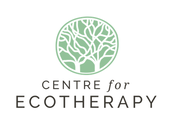|
Yesterday I went on a scouting mission to Knepp Castle Estate. It's an interesting place. Founded in the time of King John, the remains of the castle keep are still there, but the rest of the hundred hectares is now the largest rewilded estate in England. Previously as a farm based on intensive agriculture, Knepp was losing money. So they tore down the fences, got rid of the dairy herd and stopped growing wheat. Instead they introduced large herbivores - free roaming cattle, deer, ponies and pigs - to change the habitat. The Longhorn cattle create paths through scrub, spread seeds and create a browse line, while the Tamworth pigs rootle up the ground looking for food. Exmoor ponies and deer also browse the sallow and other tree species, particularly the young saplings and seedlings, and strip bark, especially when food is scarce in winter. The Land as Container for the Mystery: first thoughts after a Medicine Walk on the South Downs24/10/2016
On yesterday's Medicine Walk, I ate dandelion, ground ivy, yarrow and rosehips, made friends with a ladybird, saw a rat above my head, and sang to an appreciative herd of cows.
Am very much feeling my place in the family of things. With much gratitude to Rebecca Joy Card and the land for supporting this mysterious journey. For those who came, and for those who will come, the kettle is definitely on. This time last year I was on an outdoors course in Stanmer Park.
As a group we met every Monday to sit around a fire and do some exercises to explore how nature can be therapeutic. One particular Monday, Martin the course leader explained that we were going on a short solo quest. We spent a quiet moment tuning into ourselves and then we each went off in a direction that we felt drawn, paying attention to what happened along the way... "I invite you to walk slowly up the hill in silence, taking in the surroundings, coming back to yourself and noticing how you’re feeling.” It’s a sunny morning in October, and we’re gathered in a small lay-by in the shadow of the Downs. Dutch Artist and therapist Anniek Verholt is giving us a short briefing before we head up the hill to my favourite spot near Blackcap for a Land Art and Mindfulness session. We’re ten participants from far and wide: London, Rottingdean, Brighton, Eastbourne... the journey here has been eventful for most. Two people got lost, trains were missed, and we’re running late. I’m flustered to be honest.
Somehow Anniek has remained calm despite the back and forth in the car, and the herding of lost souls by phone and text. The mindful walk up the hill helps to clear my mind of the journey and the complications of organising the gathering. At the top, the vista of the Downs, the clouds, sea and sky opens out in front of us. For a moment all else falls away as we breathe in the view. A few months ago I was at forager Robin Harford’s Green Gathering on Exmoor.
It was a weekend of plant-based experiences. From workshops on foraging and fermentation to herbal remedies and storytelling round the fire… one of the sessions that had the most effect on me was an Earth Mandala workshop by artist Keith Beaney. Keith got us collecting natural materials to contribute to a mandala frame that he'd created for us in the woods. It was very muddy and wet, and initially I struggled with connecting with it, but suddenly something took over and I got caught up in the process, of being in the woods and looking around at the trees and wildlife for inspiration. I started gathering white leaves, interesting twigs and unusual flowers for my section of the mandala, absorbed in a child-like flow. It was an inspiring and fun creative process. Each person in my group reported a similar experience. In his much-celebrated encyclical, Pope Francis says our present ecological crisis is the sign of a cultural disease.
“We have come to see ourselves as the lords and masters of the Earth, entitled to plunder her at will. The sickness evident in the soil, in the water, in the air and in all forms of life are symptoms that reflect the violence present in our hearts. We have forgotten that we ourselves are dust of the Earth; that we breathe her air and receive life from her waters. "I urgently appeal, then, for a new dialogue about how we are shaping the future of our planet. We need a conversation which includes everyone, since the environmental challenge we are undergoing, and its human roots, concern and affect us all." |
Author & CuratorNigel Berman is the founder of School of the Wild. Archives
March 2024
|
Leaders |
About Us
Support |
|
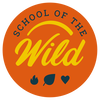
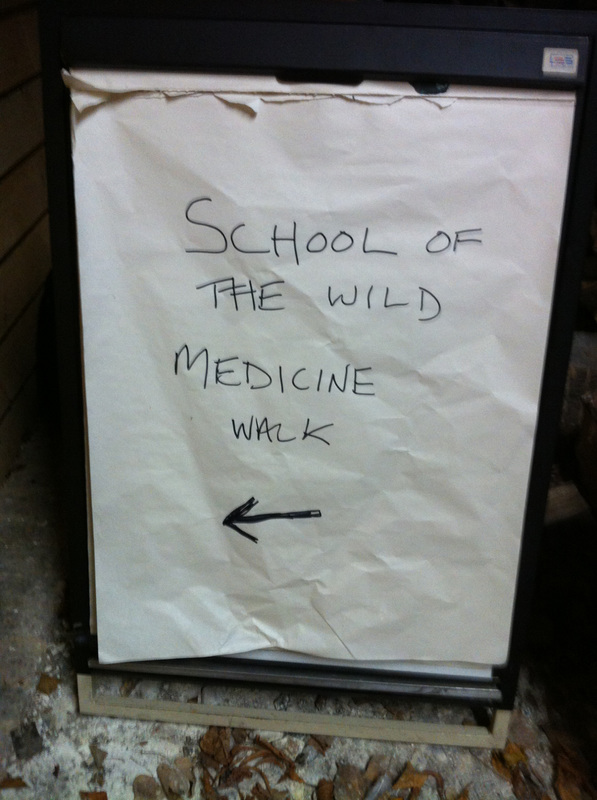
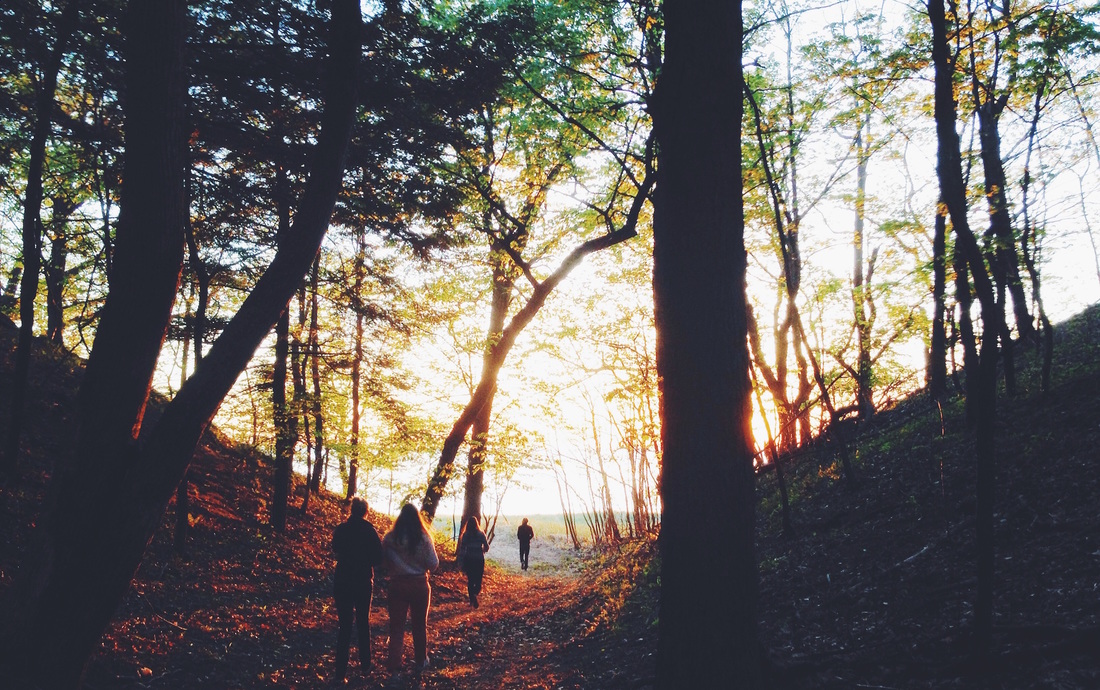
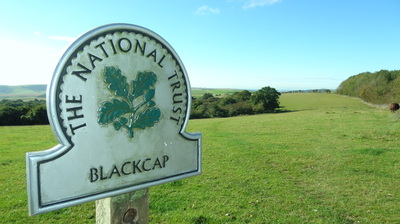
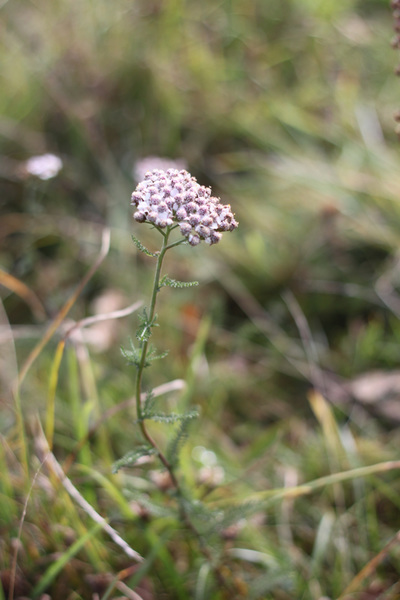
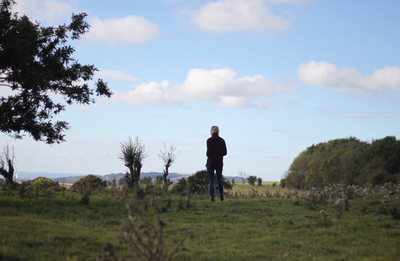
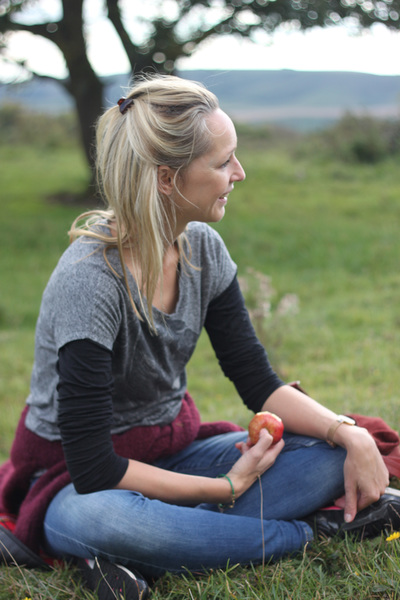
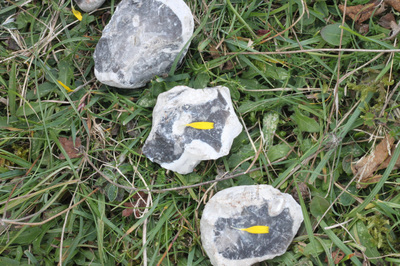
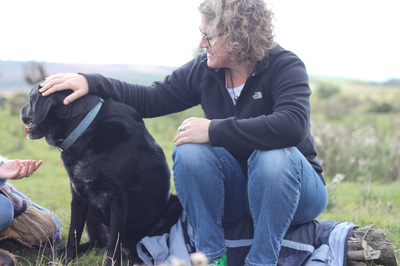
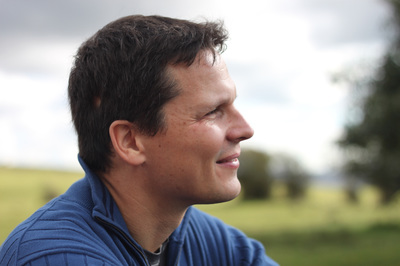
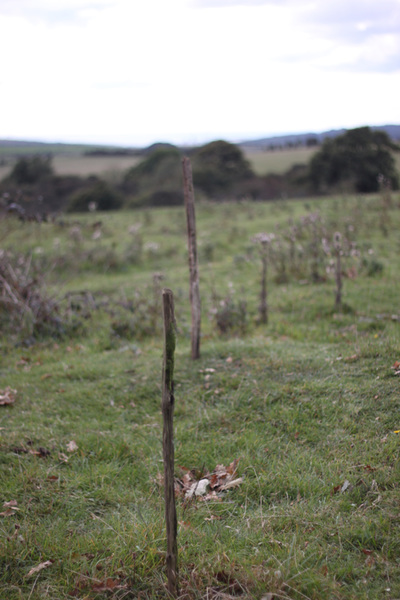
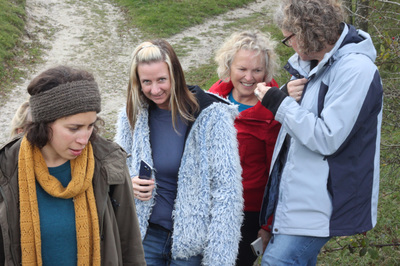
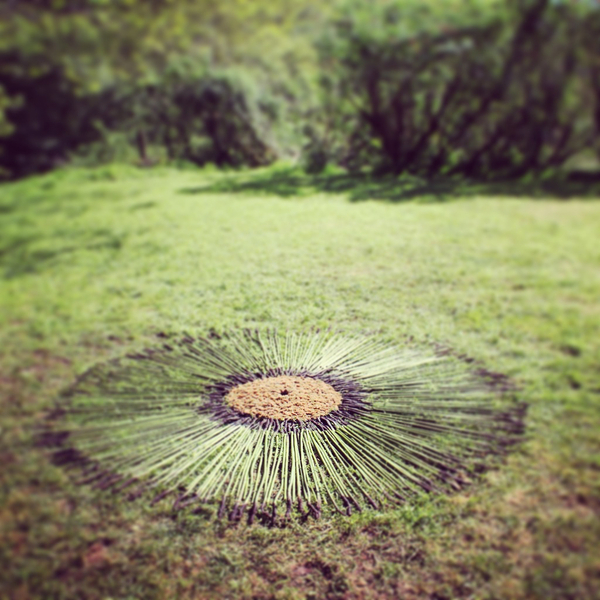
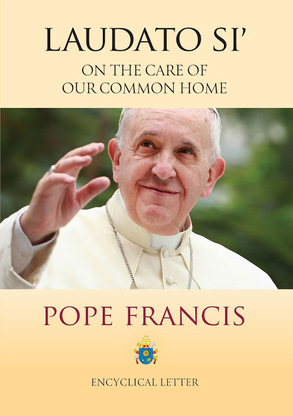
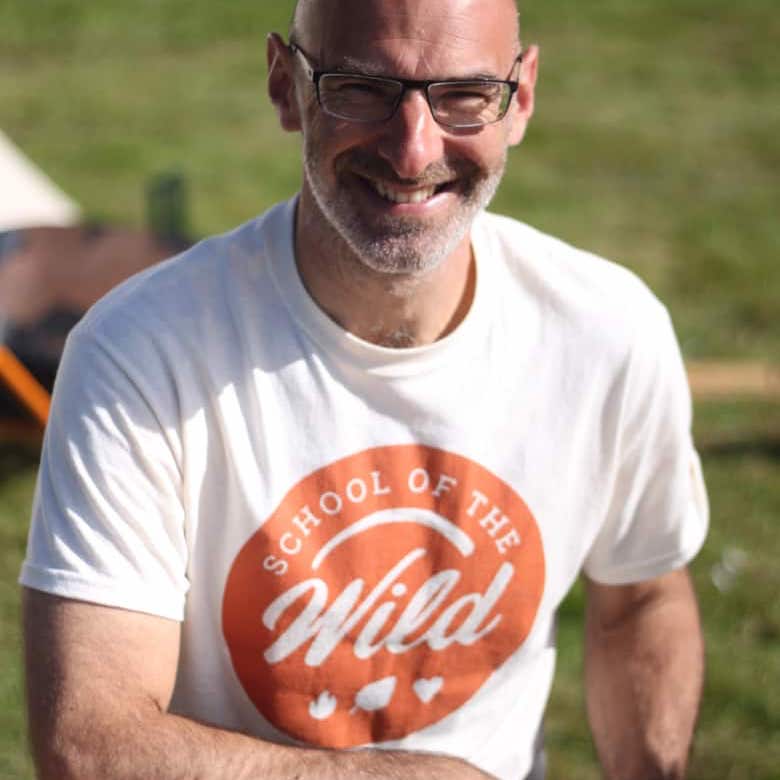
 RSS Feed
RSS Feed



